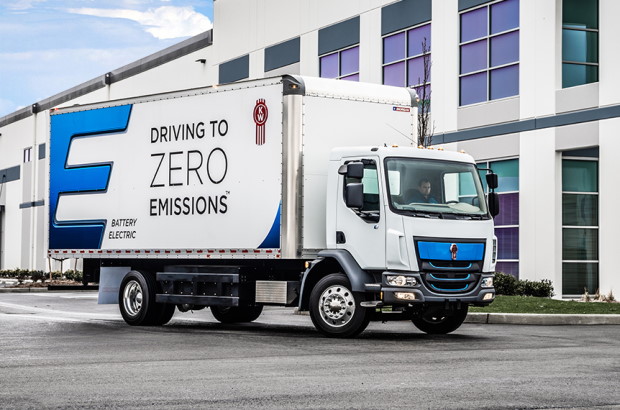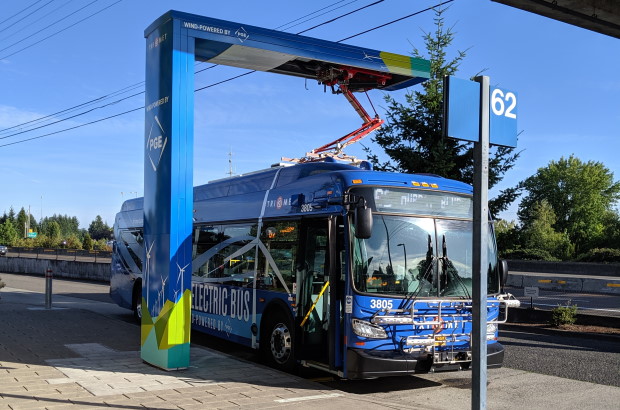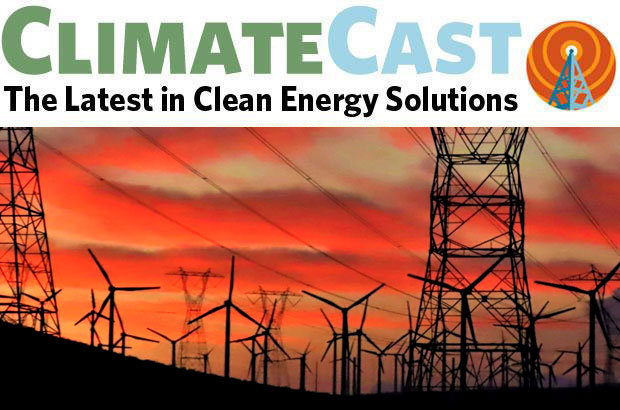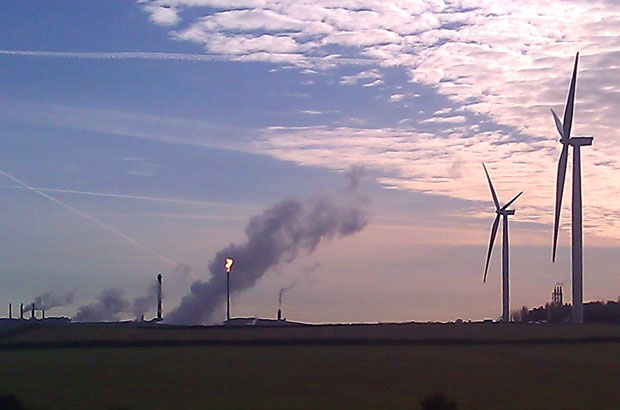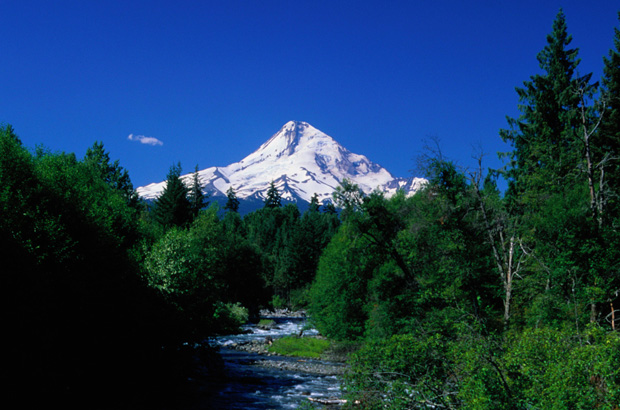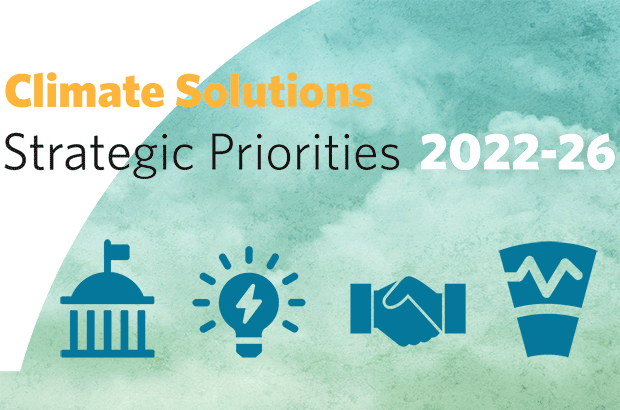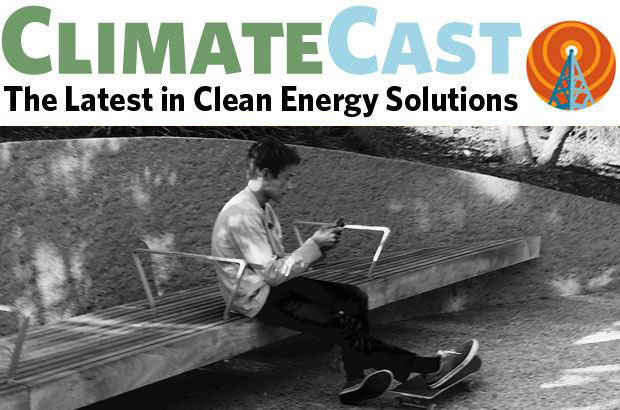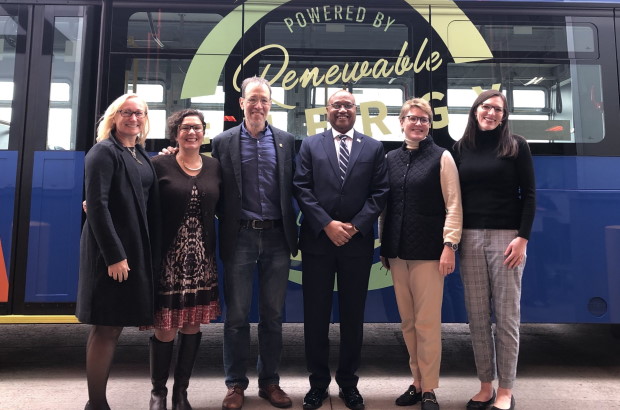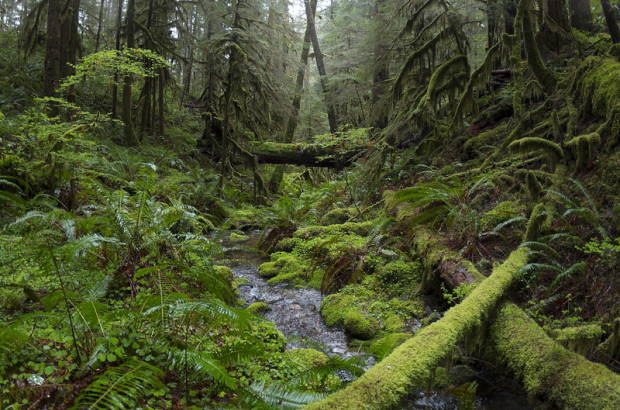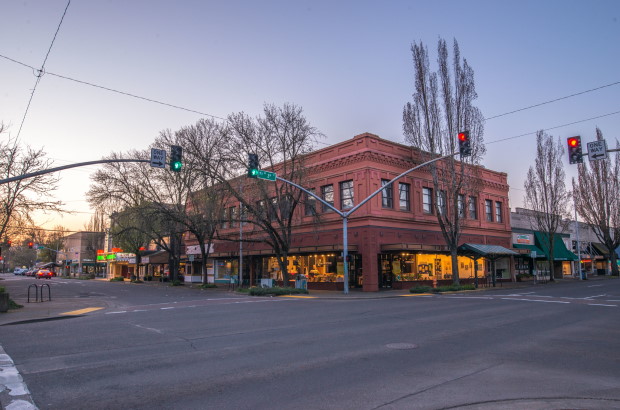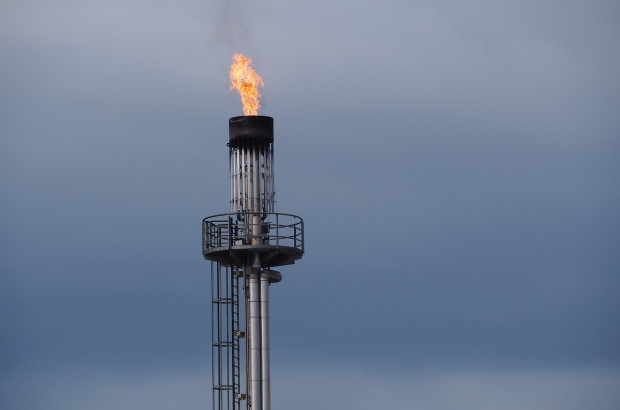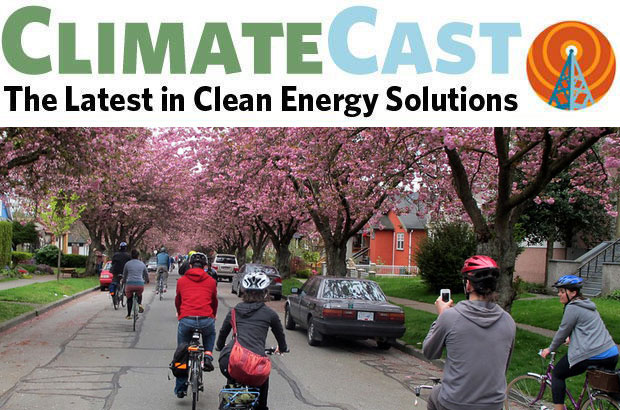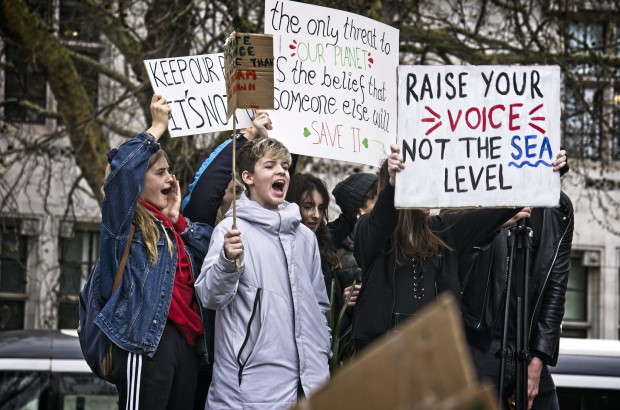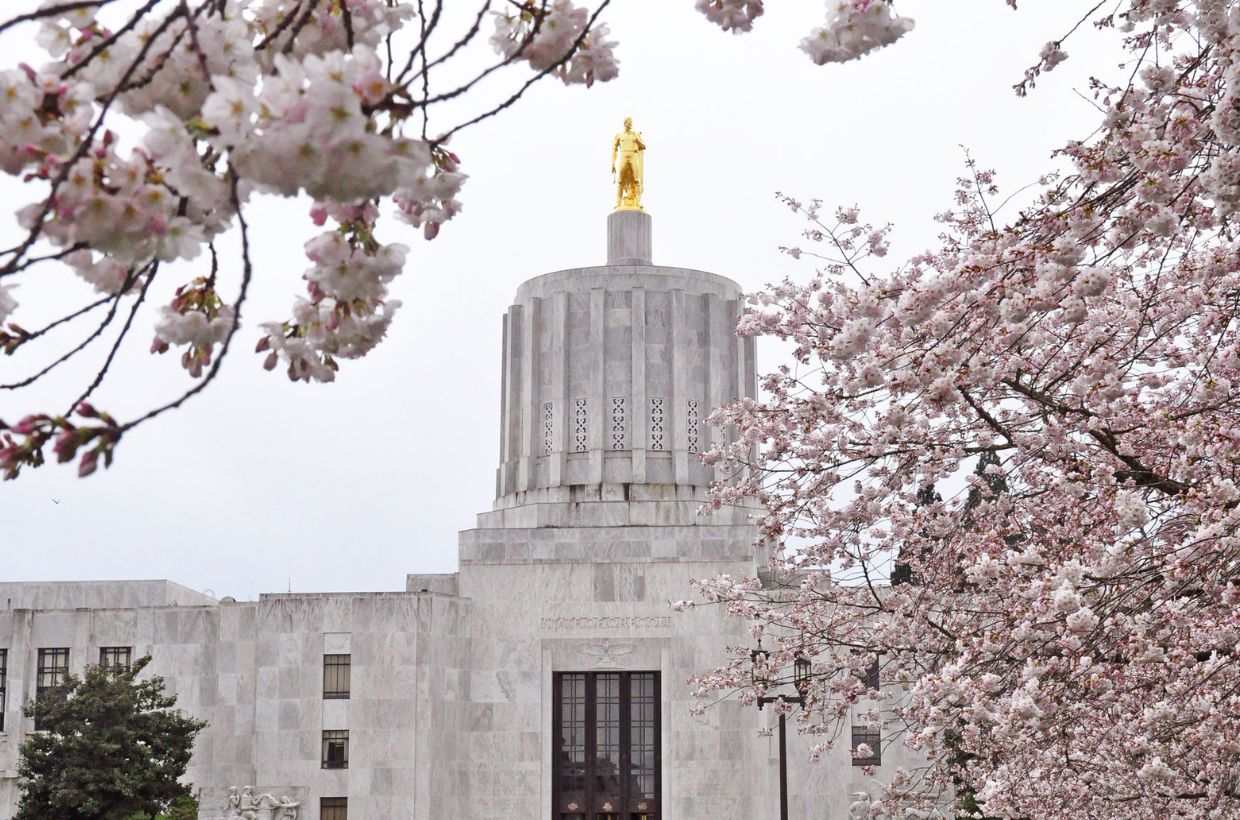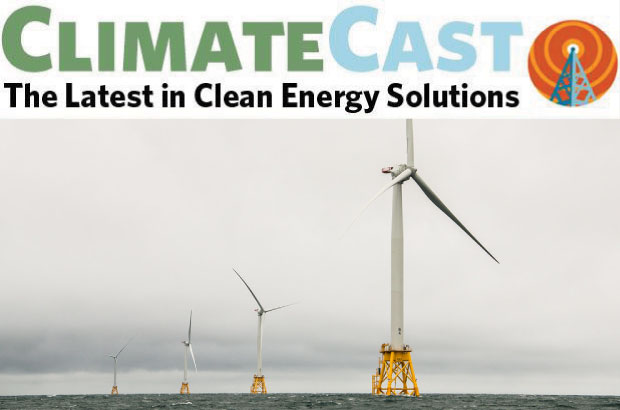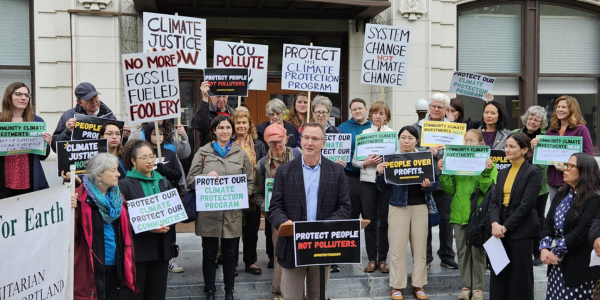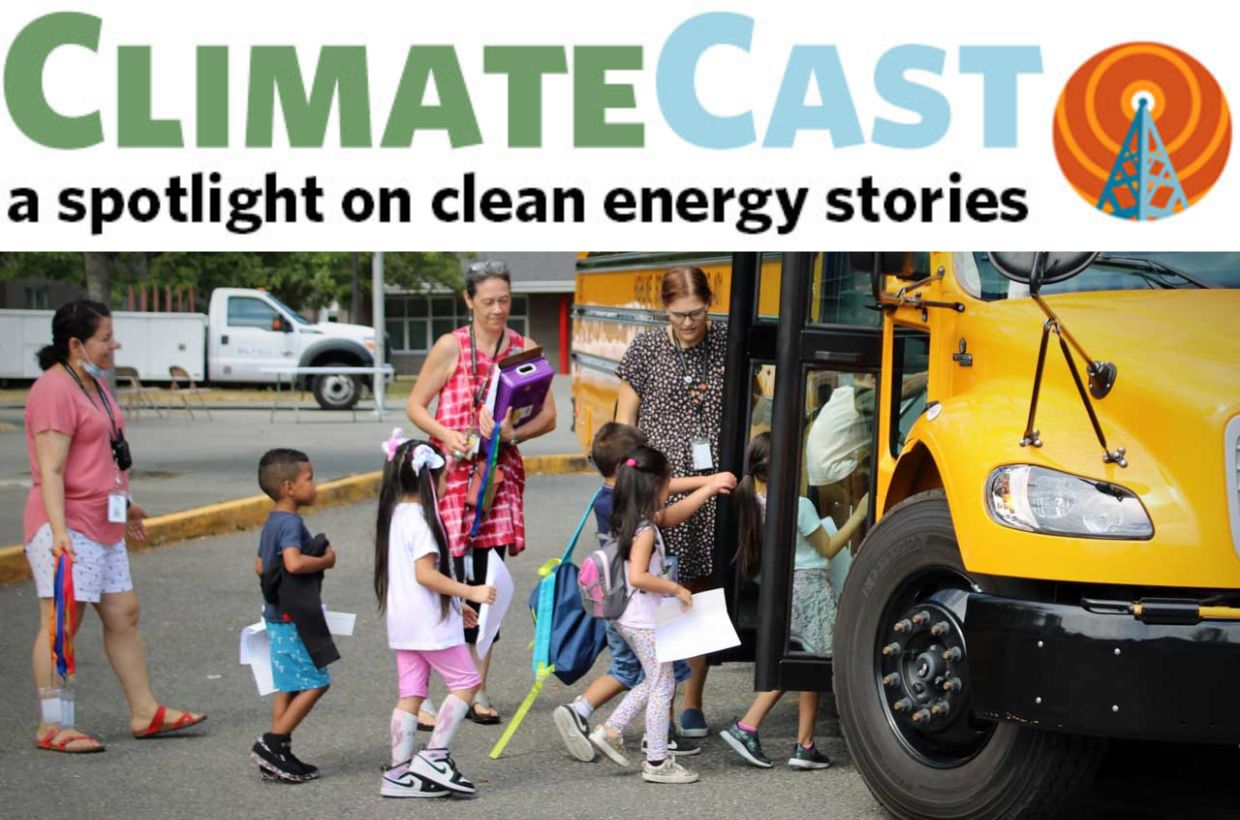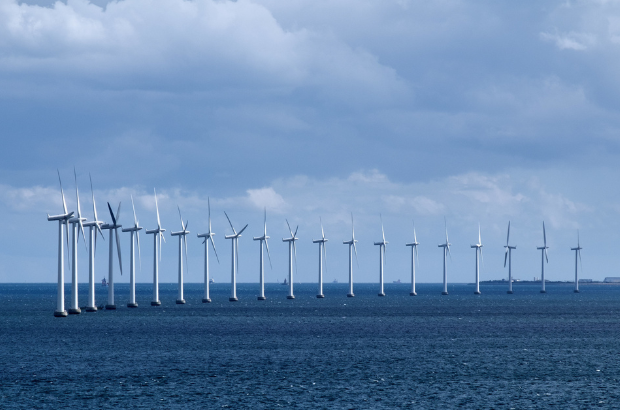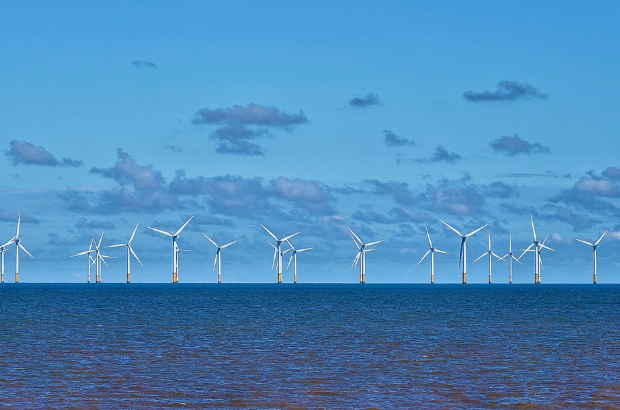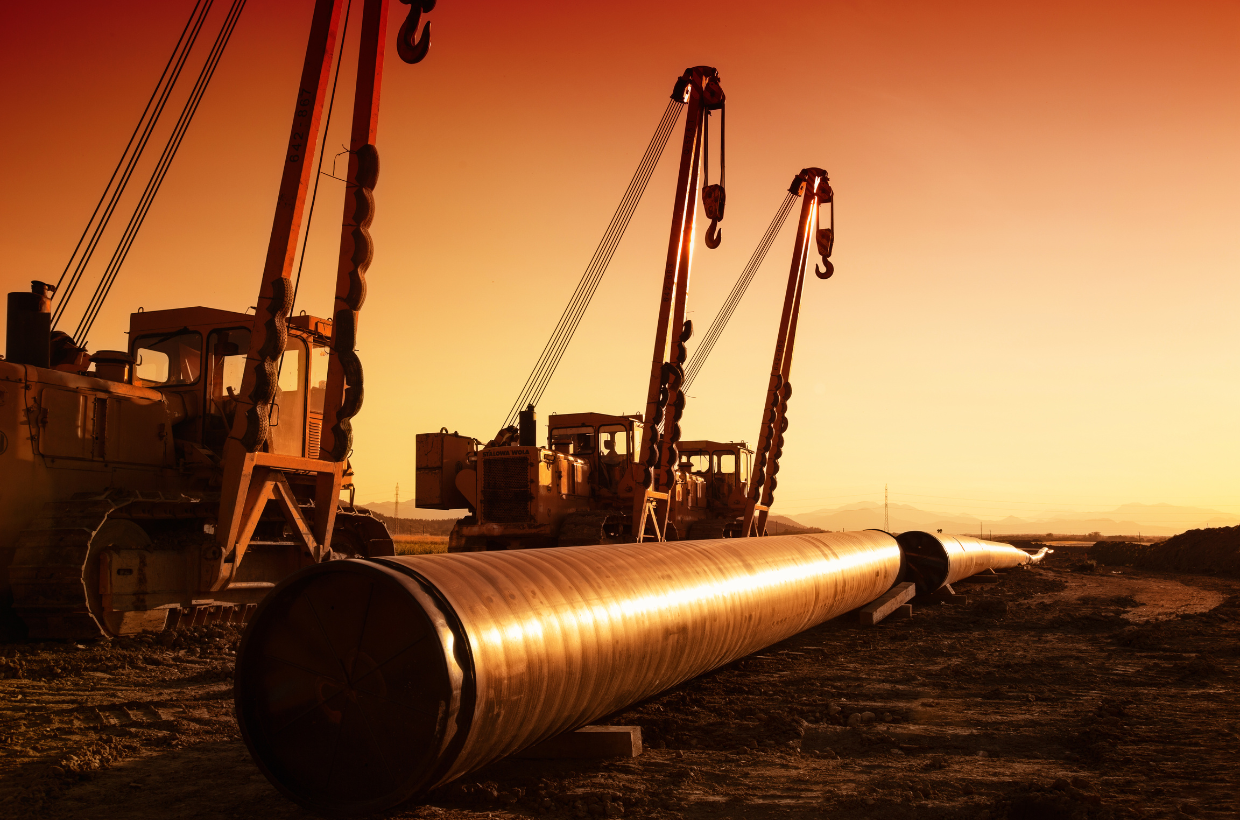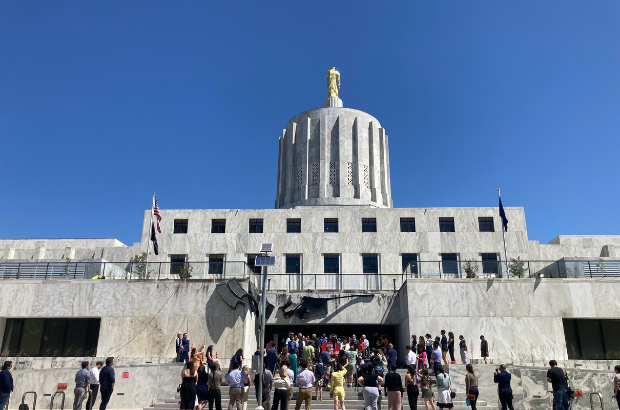Oregon State Government
by Victoria Paykar on
Did you hear the news? Oregon now has the strongest clean fuel standard in the country.
by Victoria Paykar on
This summer’s record-hot temperatures, heat waves, and soaring gas prices reminded us to keep pushing on climate acti
by Jonathan Lee on
The US West leads the way on electric vehicles and clean tech, more details about the landmark federal climate bill, melting roads, and NW Natural…
by Nora Apter and Greer Ryan on
Fossil "natural" gas is far from being the safe, clean product that gas and fossil fuel companies claim.
by Greer Ryan on
Together we can let the Public Utility Commissioners know that there is NO FUTURE for methane gas in Oregon.
by Gregg Small on
Climate Solutions' strategic priorities for the next four years.
by Jonathan Lee on
Bridging the digital divide, EVs keep accelerating, fossil fuel dirty deeds, and spreading climate hope.
by Victoria Paykar on
While we are putting all our efforts into transitioning our transportation sector to be made up of 100% zero-emission vehicles powered by renewable…
by Jonathan Lee on
If you’re like me, you’ve seen a LOT of studies released about the increasingly dire state of our climate, what’s to come if we do not cut pollution…
by Jonathan Lee on
Heating and powering our homes and businesses generates a significant amount of pollution contributing to global warm
by Greer Ryan on
NW Natural—Oregon's largest fossil fuel utility—wants to raise gas prices by nearly 12 percent. By supporting further growth of the gas industry,…
by Jonathan Lawson on
In this week's ClimateCast: clean energy results from the Oregon and Washington legislatures; fossil fuels and the Ukraine humanitarian crisis; and…
by Meredith Connolly on
Today is a significant milestone for Oregon’s climate progress, but it requires a little time traveling to the cusp o
by Meredith Connolly on
This session, the legislature provided historic levels of investments in clean energy solutions and electric vehicles, as well as significant…
by Greer Ryan on
The Portland Public Schools (PPS) Board of Directors voted this week to approve a comprehensive climate crisis response policy! Let's send them a big…
Give for a brighter future
Connect
Join our email list to learn about what we do and how to get involved.
2025 OR Policy Notes
Stay tuned for further updates!
